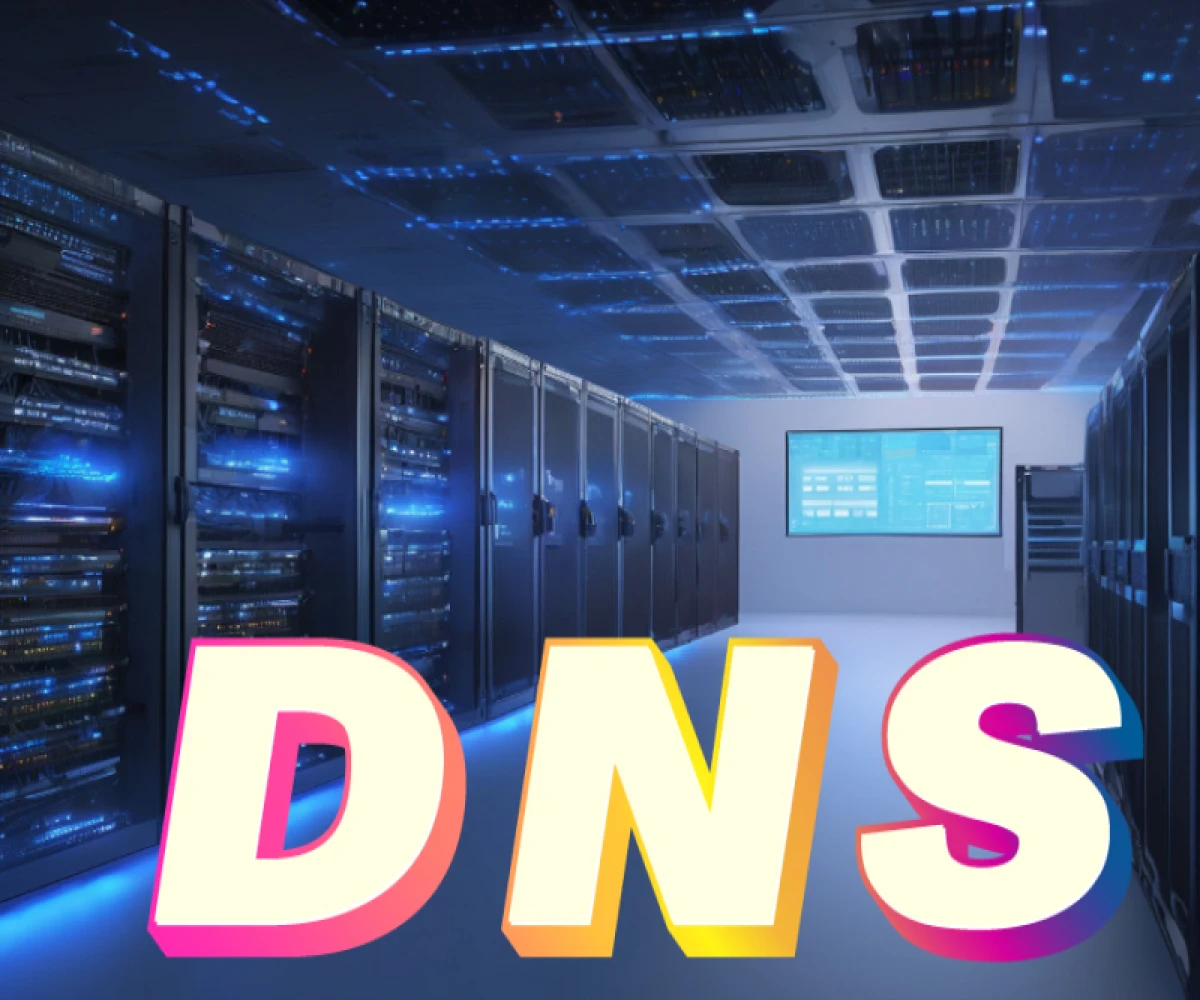
The Secret Language of the Web: Unveiling DNS
Demystifying DNS: Unraveling the Web's Address Book
The internet is a vast network of interconnected devices, each with a unique address that allows them to communicate. But for us humans, memorizing long strings of numbers (like IP addresses) to access our favorite websites isn't exactly ideal. That's where DNS comes in, acting like the internet's phonebook, translating user-friendly domain names (like itjolt.tn) into those numerical IP addresses.
Behind the Scenes: How DNS Works
Imagine you want to visit itjolt.tn. Here's what happens behind the scenes:
- Your Request: You type "itjolt.tn" into your browser.
- Calling the DNS Server: Your computer doesn't innately know the IP address, so it contacts a DNS server, configured in your network settings (often provided by your internet service provider).
- DNS Lookup: The DNS server acts like a detective, searching its records for "itjolt.tn". These records are like entries in a phonebook, containing domain names and their corresponding IP addresses.
- The Answer: If the DNS server finds a match, it sends the IP address back to your computer.
- Connecting You: Your computer uses the IP address to connect to the itjolt.tn server and voila! The website appears on your screen.
Inside the DNS Toolbox: DNS Records
Think of DNS records as individual entries in the phonebook. Here are some common types:
- A Record: The most basic record, it links a domain name (like itjolt.tn) to its IP address.
- MX Record: Directs emails for a domain to the correct mail server.
- CNAME Record: Acts like an alias, pointing one domain name to another domain's record (often used for subdomains like "www").
Keeping Things Speedy: The Power of DNS Cache
To avoid constant lookups, your device and internet service provider (ISP) employ a DNS cache. This temporary storage remembers recently accessed domain names and their IP addresses. So, the next time you visit itjolt.tn, your device might check its cache first, significantly speeding up the process.
Changing Your DNS Settings: Taking Control
By default, your DNS settings are usually configured by your ISP. However, you can often change them to use alternative DNS servers, potentially improving performance or security.
Remember: Always consult your ISP's instructions before modifying these settings.
Understanding DNS empowers you to navigate the internet with a clearer picture of how domain names translate to the digital addresses that make websites accessible. The next time you visit itjolt.tn, you'll appreciate the invisible work of DNS happening behind the scenes!


